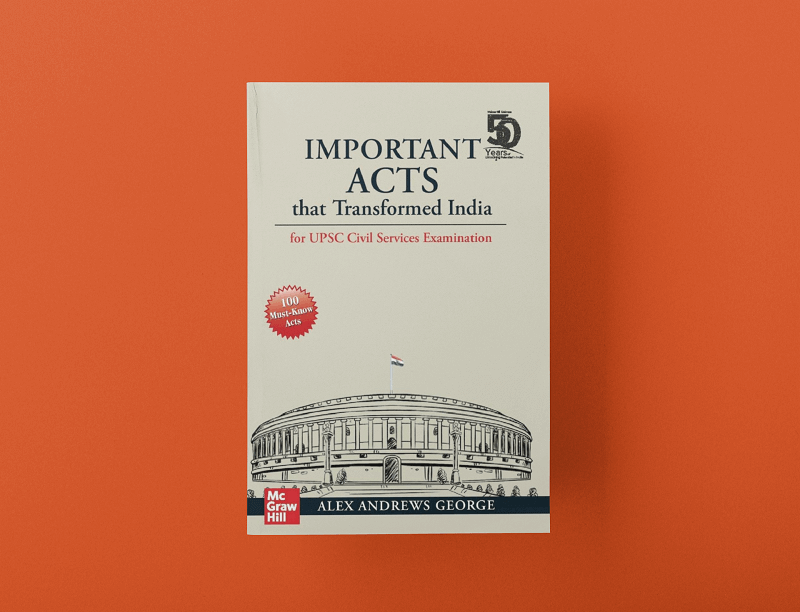 Please find the questions in the General Studies Paper 2 (GS2) of UPSC 2020 Civil Services Mains Examination (written).
Please find the questions in the General Studies Paper 2 (GS2) of UPSC 2020 Civil Services Mains Examination (written).
UPSC conducted the General Studies Paper 2, as part of the Civil Services Main Exam 2020 on 09-01-2021.
There were 20 questions. 10 questions were of 10 marks each, while the remaining 10 questions were of 15 marks each.
GS Paper 2 UPSC 2020 UPSC 2020 Instructions
- Total Marks: 250 marks, Time duration: 3 hours.
- There are 20 questions printed both in ENGLISH and HINDI.
- All questions are compulsory.
- The number of marks carried by a question/part is printed against it.
- Answers must be written in the medium authorized in the admission certificate which must be stated clearly on the cover of this question-cum-answer (QCA) booklet in the space provided.
- No marks will be given for answers written in the medium other than the authorized one.
- Answers to questions no. 1 to 10 should be in 150 words, whereas answers to questions no. 11 to 20 should be in 250 words.
- Keep the word limit indicated in the questions in mind.
- Any page or portion of the page left blank, must be struck off clearly.
General Studies Paper 2 Question Paper – UPSC Civil Services Main Exam (Written) 2020
- “There is a need for simplification of Procedure for disqualification of persons found guilty of corrupt practices under the Representation of Peoples Act”. Comment (Answer in 150 words)
- “Recent amendments to the Right to Information Act will have profound impact on the autonomy and independence of the Information Commission”. Discuss. (Answer in 150 words)
- How far do you think cooperation, competition and confrontation have shaped the nature of federation in India? Cite some recent examples to validate your answer. (Answer in 150 words)
- The judicial system in India and UK seem to be converging as well as diverging in recent times. Highlight the key points of convergence and divergence between the two nations in terms of their judicial practices. (Answer in 150 words)
- ‘Once a Speaker, Always a speaker’! Do you think this practice should be adopted to impart objectivity to the office of the Speaker of Lok Sabha? What could be its implication for the robust functioning of parliamentary business in India? ( (Answer in 150 words)
- In order to enhance the prospects of social development, sound and adequate health care policies are needed in the fields of geriatric and maternal health care. Discuss (Answer in 150 words)
- “Institutional quality is a crucial driver of economic performance”. In this context, suggest reforms in Civil Service for Strengthening Democracy. (Answer in 150 words)
- “The emergence of Fourth Industrial Revolution (Digital Revolution) has initiated e-Governance as an integral part of the government”. Discuss (Answer in 150 words)
- Critically examine the role of WHO in providing global health security during the COVID-19 Pandemic (Answer in 150 words)
- “Indian diaspora has a decisive role to play in the politics and economy of America and European Countries”. Comment with examples. (Answer in 150 words)
- Indian Constitution exhibits centralising tendencies to maintain unity and integrity of the nation. Elucidate in the perspective of the Epidemic Diseases Act, 1897; The Disaster Management Act, 2005 and recently passed Farm Acts. (Answer in 250 words)
- Judicial legislation is antithetical to the doctrine of separation of powers as envisaged in the Indian Constitution. In this context justify the filing of large number of public interest petitions praying for issuing guidelines to executive authorities. (Answer in 250 words)
- The strength and sustenance of local institutions in India has shifted from their formative phase of ‘functions, functionaries and funds’ to the contemporary stage of’ functionality’. Highlight the critical challenges faced by local institutions in terms of their functionality in recent times. (Answer in 250 words)
- Rajyasabha has been transformed from a ‘useless Stepney tire’ to the most useful supportive organ in past few decades. Highlight the factors as well as areas in which this transformation could be visible. (Answer in 250 words)
- Which steps are required for constitutionalisation of a commission? Do you think imparting constitutionality to the national commission for woman would ensure greater gender justice and empowerment in India? Give reasons. (Answer in 250 words)
- “Incidence and intensity of poverty are most important in determining poverty based on income alone”. In this context analyze the latest United Nations Multi Poverty Index report.
- “Microfinance as an anti-poverty vaccine is aimed at asset creation and income security of the rural poor in India”. Evaluate the role of Self Help Groups in achieving twin objectives along with empowering women in rural India. (Answer in 250 words)
- National Electronic Policy 2020 is in conformity with the Sustainable Development Goals-4 (2030). It intended to restructure and re-orient the education system in India. Critically examine the statement. (Answer in 250 words)
- Quadrilateral Security Dialogue is transforming itself into a trade block from the military alliance, in present times. Discuss (Answer in 250 words)
- What is the significance of Indo-US deals over Indo-Russian defence deals? Discuss with reference to stability in the Indo-Pacific region (Answer in 250 words)
GS2 Question Paper Analysis
The pattern of questions in GS Paper 2 of UPSC CSE 2020 was similar to GS Paper 1. 10*10 marks + 10*15 marks = 250 marks seems the favourite pattern of UPSC.
The question paper was a perfect mix of current as well as conventional topics.
Recent current events like that of Covid and Farm Bills also found a place in the question paper. Aspirants may note that a question related to Covid was also asked in GS Paper 1.
As in previous years, there were many questions from Acts enacted by the Indian Parliament. This includes
- Representation of People’s Act (Question 1)
- Right to Information Act (Question 2)
- Epidemic Disease Act 1897 (Question 11)
- Disaster Managment Act 2005 (Question 11)
- Farm Acts (Question 11)
Candidates who have the book “Important Acts that Transformed India” by ClearIAS Founder Alex Andrews George should have found these questions quite easy. There were direct and indirect applications of the contents of the book in various other questions as well.

The questions connected with Speaker was not an easy one to answer. The question comparing India and UK judicial practises on convergence and divergence too was a tough one.
Many concepts related to Indian Consitution, the concepts of judicial doctrine and PIL were mentioned in the book “Important Judgments that transformed India“.
Many other question topics like that of National Education Policy 2020 as well as QUAD were covered by ClearIAS recently.
Click to subscribe ClearIAS Channel not to miss any future uploads.
This exam tested candidates on multiple grounds.
It is very clear that factual learning or spoon-feeding is of no use in UPSC Mains.
Without inter-connecting and analysing multiple aspects, it was difficult to answer most of the questions. UPSC CSE Mains requires a lot of analytical skills and the ability to inter-link what you learned so far.
Hope the readers of ClearIAS did well.






Please provide a authentic model answers of all question paper
i appreciated your corporation. right on target PFMS Scholarship
Very useful updates. thanks for providing latest news NSP